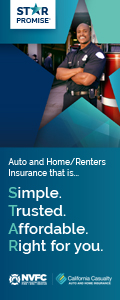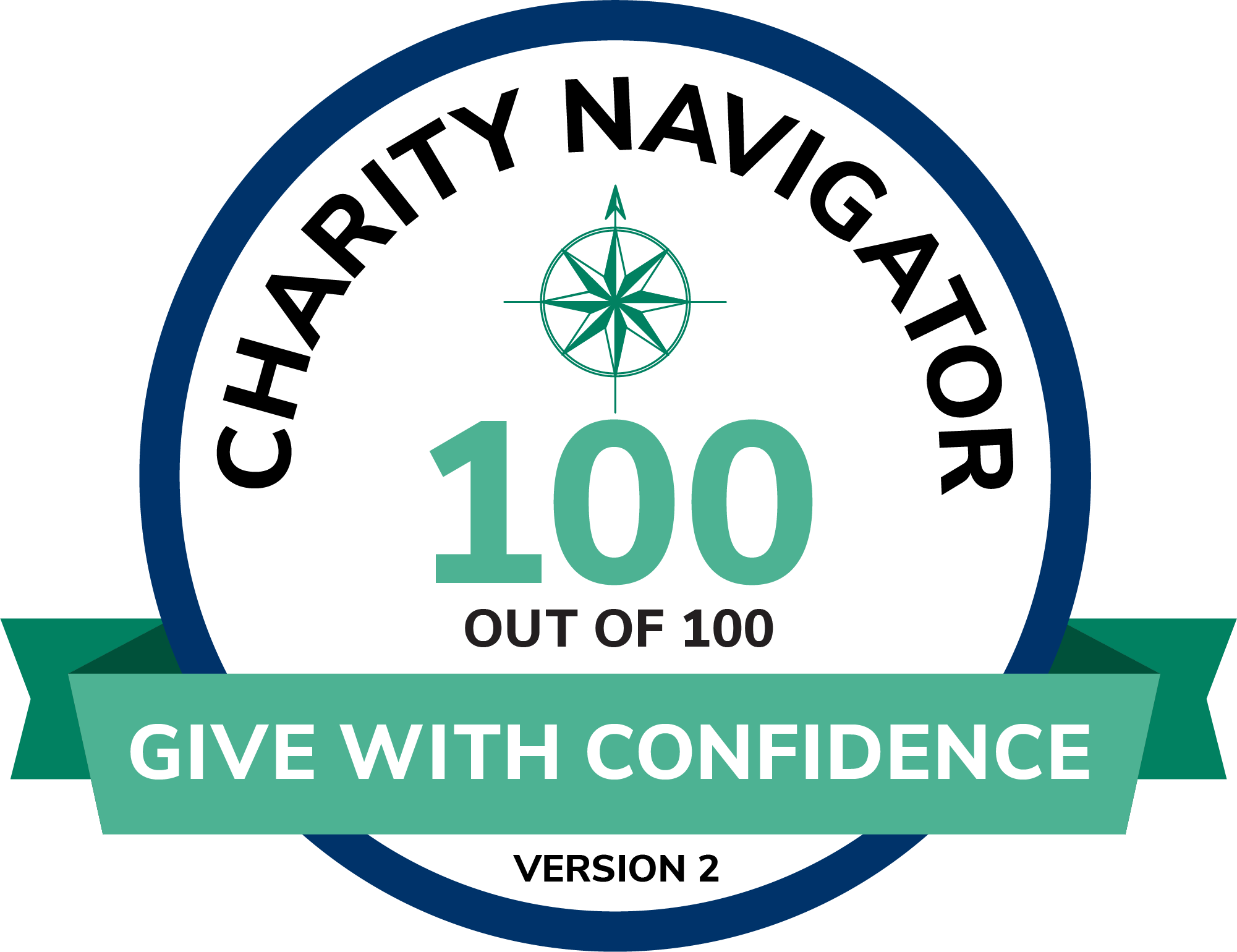Join the National Firefighter Registry
July 25, 2023
By Rick Markley
Reprinted from Firefighter Strong
 Conducting informative, accurate, and statistically valid research is difficult. Great care must be taken in selecting the research objectives, who and how many subjects are studied, how the data is collected, how the data is analyzed, and so on. This level of care helps ensure the findings accurately reflect what is truly happening, and not just a random blip.
Conducting informative, accurate, and statistically valid research is difficult. Great care must be taken in selecting the research objectives, who and how many subjects are studied, how the data is collected, how the data is analyzed, and so on. This level of care helps ensure the findings accurately reflect what is truly happening, and not just a random blip.
For example, if researchers wanted to know which brand of vehicle firefighters were most likely to buy, simply jotting down what vehicles they observe in one fire department’s parking lot is not enough. Here, researchers have two basic options to learn real brand preference: 1) use a proven process to ensure a sufficient number of random subjects were sampled to draw generalizable conclusions, or 2) attempt to record every vehicle at every fire department.
While learning if firefighters prefer one vehicle brand over another may be important to automakers, it doesn’t hold much sway for firefighters.
Cancer, on the other hand, can have a major impact on firefighters. It has the potential to touch the lives of most everyone in the fire service, so getting the research right matters. Last year the International Agency for Research on Cancer reclassified the occupation of firefighter as a Group 1 Known Human Carcinogen – the same cancer-risk classification as tobacco smoke and asbestos exposure. To bring that point home, 75% of the names added to the International Association of Fire Fighters’ memorial wall in 2022 were firefighters who died from occupational cancer.
Understanding the relationship between being a firefighter and the risk of cancer is critical to lowering that risk. In the past several decades there has been a lot of good research done on firefighting exposures and the relationship between firefighting and cancer. That has led to safer practices to lower exposures, more cancer prevention efforts, and better policies to help those diagnosed with cancer.
While many of these studies involved firefighters from individual departments or regions, researchers have been unable to look at cancer in a broad range of firefighters across the entire country.
In 2018 Congress recognized this research gap; it mandated and funded the creation of the National Firefighter Registry (NFR). The National Institute for Occupational Safety and Health (NIOSH), a part of the Centers for Disease Control and Prevention, was put in charge of building and operating the NFR.
The NFR provides a way for firefighters who may be diagnosed with cancer to make sure that researchers know they were involved in firefighting. The NFR is open to all firefighters, including volunteer, part-time, and paid on-call firefighters – historically understudied groups in cancer research. The approach NIOSH is taking is similar to recording every vehicle at every fire department, but with the caveat that participation is voluntary. Hence, the more firefighters who enroll in the NFR, the more NIOSH can learn about their cancer risk.
This is key to the non-career firefighting community because we are more difficult to study than are our career counterparts. When a non-career firefighter is diagnosed with cancer, it is more likely that their primary non-firefighting occupation would be reported to the state cancer registry rather than their volunteer fire service. The NFR helps fill the missing piece by connecting its information reported by participating firefighters with any present or future cancer diagnoses reported to state cancer registries across the entire U.S.
Registration in the NFR is now open to anyone who is or has ever been a firefighter — career or volunteer, structural or wildland, public or private. But getting from a Congressional mandate in 2018 to a launch in 2023 was no small feat. This is a big deal for the fire service, and it had to be done right.
The team of NIOSH scientists and IT professionals had to build all the infrastructure necessary to securely collect and house the data. Because researchers need to know things like work history, lifestyle choices, and health history, the site had to meet the strictest security regulations.
After building the enrollment system, NIOSH spent several months testing it with hundreds of fire service professionals. This allowed NIOSH to fine-tune the system and address minor glitches to ensure
optimal performance. Now, the system is open for enrollment, with a goal to enroll 200,000 or more participants over the next few years.
Here’s what to expect when you go to register.
- Go to NFR.cdc.gov.
- Set up an account that is protected with an email address (preferably your personal email), password, and at least one other verification (like a text message to your mobile phone).
- Complete the questions that appear on each page. They will cover your firefighting work history; any pertinent health history; lifestyle factors like sleep, exercise, and alcohol and tobacco use; health and wellness preventative programs; and fireground exposure risks.
- Click submit, log out, and you are done.
For most, the survey can be completed in less than 30 minutes — I did mine in 15. If you need to stop and come back, the system will save your progress so you can pick back up where you left off.
The best part is, when you are done, you are completely registered. Unlike exposure-trackers, you won’t have to go back into the system unless there are changes in your life such as new fire department roles and responsibilities. NIOSH plans to send NFR participants a prompt every year or so to update any changes or provide additional information, but these will not impact the ability to connect your information to potential cancer diagnoses from state cancer registries in the future. And although information from the follow-up surveys can be very useful to NIOSH scientists, basic registration can be considered a “set it and forget it” tool. NIOSH will collect information on future cancer diagnoses from the states.
The volunteer fire service makes a huge difference in their communities every day. Now, we can have a big impact on firefighter cancer research. Our numbers are significant, and by joining the NFR we can greatly improve the scientific understanding of firefighters’ cancer risk and whether that cancer risk varies for volunteer firefighters.
Firefighting is hard. Research is hard. Fighting cancer is hard. Signing up for the NFR is not hard, but it is one small way you can make a difference for yourself, your family, and your fellow firefighters.
Disclaimer: The findings and conclusions in this article are those of the author and do not necessarily represent the official position of the National Institute for Occupational Safety and Health, Centers for Disease Control and Prevention.
Rick Markley is a paid on-call firefighter and a career editor who has served as editor-in-chief of two firefighting publications. He is on the Science Alliance and Firefighter Behavioral Health Association boards and volunteers for Firefighter Close Calls. He is working with NIOSH to encourage non-career firefighters to join NFR.



